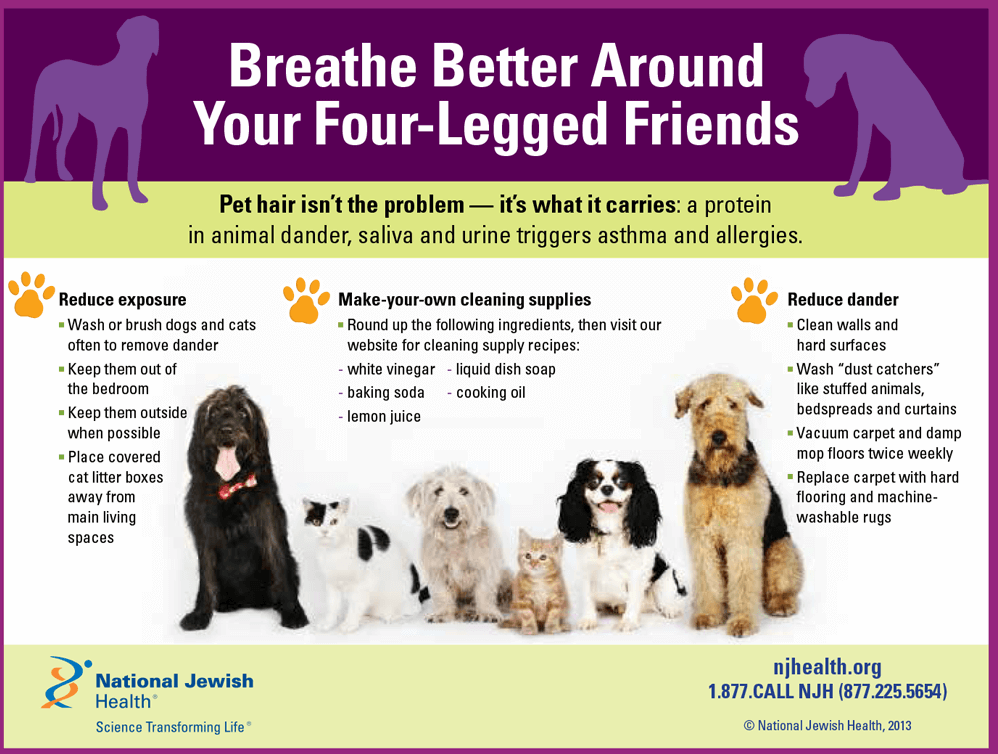Should I Put My Dog In Daycare
Should I Put My Dog In Daycare
Blog Article
Can Pet Dog Childcare Cause Illness?
Possibilities are that if your dog is consistently exposed to various other pet dogs, even if they're correctly vaccinated, they may get home with some kind of ailment. Vaccinations, regular vet examinations, and good health practices can decrease danger variables for infection and illness.
Stressed or anxious dogs can develop gastrointestinal problems and other health and wellness problems that are quickly spread out in between canines. Establishing age restrictions and behavioral guidelines can assist guarantee that only healthy dogs enter your facility.
Distemper
Canine distemper is a significant and typically fatal virus that assaults a canine's breathing, digestion, skin and body immune systems. Young puppies are particularly prone and can acquire the illness with direct contact with an infected animal or through the airborne transmission of virus particles given off throughout coughing, sneezing or taking a breath.
The incubation period for canine distemper is in between 3 and 7 days. While young puppies at day care may seem to catch parvo from another infected pet, it's not likely considering that the incubation duration is so short.
While there is no cure for canine distemper, supportive care can aid pets recoup. This consists of fluids, prescription antibiotics and medicines to control seizures. The Drake Center for Veterinary Treatment notes that signs and symptoms consist of drippy eyes and nose, diarrhea, vomiting, loss of appetite and neurological problems such as twitching and shakes. Pups require a full vaccination collection and annual boosters to secure them against this illness, which is why trusted doggy daycare facilities call for updated vaccinations.
Kennel Coughing
Kennel Coughing (Pooch Contagious Tracheobronchitis) is an extremely contagious top breathing condition caused by bacteria and infections. It spreads via airborne droplets from a coughing or sneeze, straight get in touch with, and sharing of contaminated objects such as playthings or water bowls. It is native in places where lots of canines are housed close together, such as kennels, dog parks, brushing beauty salons and shows. Numerous injections are readily available to shield against board and training dog the pathogens that create kennel cough, and correct health practices can aid stop infection.
The traditional symptom is a completely dry, hacking coughing similar to that of a goose honk, and many pets recoup with little treatment. However, extreme situations can result in pneumonia, and pups or pets with pre-existing health problem are at greater danger for complications. To accelerate recovery, make use of a harness rather than a collar while your pet is recuperating to avoid irritability to the windpipe. A humidifier may additionally assist to moisten the air and protect against dry coughing.
Parvovirus
Parvovirus (CPV) is a serious illness in dogs. It resembles feline panleukopenia (feline distemper), however it's much more harmful and can spread promptly among dogs because of its extremely resistant nature.
This virus strikes the intestinal cellular lining of a canine, damaging it and causing microorganisms to slough off right into the bloodstream. The damaged immune system and frustrating microorganisms cause septic shock, which is generally fatal.
The good news is, veterinary health centers provide reliable treatment for parvovirus. These medicines are offered directly right into a patient's blood stream and targeted in the direction of the particular pressure of parvovirus. This treatment method is extremely reliable and helps re-train the immune system to combat off the infection. Pets with severe signs are often hospitalized for a number of days for surveillance and intensive care to guarantee their survival. Pups, unvaccinated dogs and pet dogs with weak body immune systems are particularly vulnerable to parvovirus. This is specifically real for puppies birthed to roaming mothers and shelter atmospheres, where they are revealed to many other ill and at risk dogs.
Dog Flu
Pooch flu (CIV) is a contagious breathing illness that can be brought on by canines sharing polluted surface areas or straight contact with respiratory secretions. CIV spreads quickly in atmospheres where there are high varieties of pets, such as dog parks, day cares, brushing centers and vet clinics.
Infected pet dogs lost the infection through aerosol respiratory droplets when coughing or sneezing, and may pollute things they come into contact with like cages, toys, food bowls, leashes and the hands and clothes of individuals that manage them. Dogs can likewise be "quiet service providers" spreading out the virus without showing any type of signs and symptoms themselves.
Signs and symptoms of canine influenza include sinus and eye discharge, cough, high temperature, anorexia nervosa, and weak point. The infection can progress to pneumonia, which can be fatal in some canines. PCR viral screening is readily available for verification of infection. Preferably, samples (typically deep nasal or pharyngeal swabs) for PCR testing must be accumulated within 4 days of the onset of medical indications.